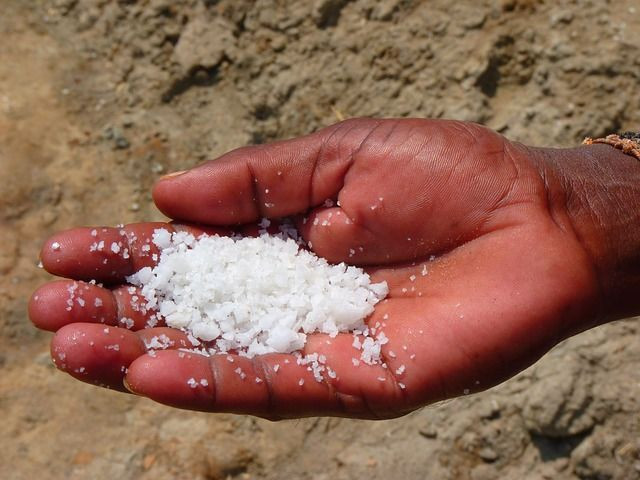Hidden Salt Found In Restaurant Meals

With a Dollar Menu-based diet, many Westerners see salt as a beloved staple worth preserving.
And certainly, the Salt Institute, a trade association, agrees, calling the link between sodium and hypertension mere "theory" and up-playing the threat of iodine deficiency in children, a cause of mental retardation and diabetes.
A 2011 study of 3,681 people published in the Journal of the American Medical Association actually showed that those with the highest sodium diets were also least likely to die from heart disease.
Most other research, however, points to salt as a culprit in heart disease and stroke. A study published that same year in the British Medical Journal suggests the United Kingdom would incur as many as 120,000 fewer cases of heart disease, 66,000 fewer strokes and 99,000 fewer heart attacks every year. Though necessary in small amounts, sodium increases blood volume, stressing the heart and putting more pressure on the arteries.
New research released last week by the World Action on Salt and Health, shows surprisingly high levels of sodium in restaurant meals. With 455 hypertension experts from 85 countries, the membership group held its annual "World Salt Awareness Week" this month to highlight the dangers of high-sodium Western diets. The group released new research showing surprisingly high levels of salt in restaurant meals (video).
Of nearly 700 restaurant meals surveyed, more than half were "high" in salt, according to research conducted by "Consensus Action on Salt and Health." Analyzing the content of meals in "celebrity" restaurants, fast food and café chains, researchers found salt levels as high as 8.9 grams per meal with an average of 3.1 grams, half the recommended daily intake.
Naturally, experts recommend avoiding such fare by cooking at home from scratch, substituting high-sodium foods and rinsing off some of the salt from canned foods. When patronizing restaurants, hypertension experts say people should ask questions about sodium levels on the menu and, when possible, substitute table salt for spices, herbs and other blends. People should avoid pasta, rice and many sauces in favor of more fruits and vegetables.
"When it comes to awareness about salt consumption, most of us know that consuming too much salt can hurt our health," says Dr. Thomas R. Frieden, CDC director. "Too much sodium raises blood pressure, which is a major risk factor for heart disease and stroke."
The U.S. government recommends people limit salt intake to 2,300 milligrams per day, or 1,500 milligrams for those older than 50 or who suffer from hypertension, diabetes or chronic kidney disease. African Americans of all ages are advised to limit salt intake to 1,500 milligrams. The CDC says 10 food items account for more than 40 percent of a person's daily salt intake: processed meats such as deli ham or turkey, pizza, chicken, soups, cheeseburgers and other sandwiches, pasta dishes, meat dishes such as meat loaf, snack foods such as potato chips, and breads.
Published by Medicaldaily.com



























